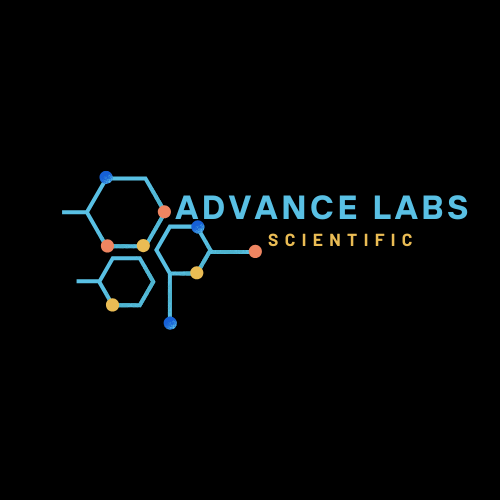In the dynamic fields of healthcare, scientific research, and biotechnology, where groundbreaking discoveries are made, it’s essential to address the environmental impact of plastic waste.
Plastic is ubiquitous in modern laboratories. From pipette tips to petri dishes, from gloves to tubes, plastic products are essential for many scientific procedures and experiments. However, plastic also poses a serious environmental problem, as it is often used once and then discarded, ending up in landfills or oceans. According to a study by the University of Exeter, biomedical and agricultural laboratories worldwide could be responsible for 5.5 million tonnes of plastic waste a year. That is equivalent to 83% of the plastic recycled worldwide in 2012 (data credit: ehs.princeton.edu)
At DHC, we are committed to reducing our environmental impact and promoting sustainability in our work. We believe that laboratories can curb their addiction to plastic by adopting some simple but effective practices. In this blog post, we will share with you five steps to less plastic waste in the lab, based on the latest research and best practices in the field. Whether you are a healthcare professional, a scientist, a researcher, or a biotechnical industry worker, we hope that these tips will help you make your lab eco-friendlier and more efficient. Let’s get started!
- Evaluate and Minimize Single-Use Plastics:
Start by conducting a comprehensive assessment of your lab’s plastic consumption. Identify areas where single-use plastics are prevalent and explore viable alternatives. From glassware to biodegradable alternatives, making conscious choices can significantly reduce the volume of plastic waste generated in your lab.
- Implement a Plastic Recycling Program:
Take the initiative to establish a robust recycling program within your lab. Collaborate with local recycling facilities to ensure that plastic waste is properly sorted and recycled. Clearly labeled recycling bins for specific types of plastics can encourage conscientious disposal among lab members.
- Opt for Sustainable Lab Supplies:
Choose suppliers, like DHC, who are committed to providing sustainable lab supplies. Our product line includes eco-friendly alternatives that align with your commitment to reducing plastic waste. From reusable containers to innovative, sustainable packaging, we offer options that make a positive impact on the environment.
- Encourage Reusable Practices:
Promote a culture of reusability within your lab. Encourage the use of durable, reusable equipment and containers. Implementing practices such as the proper cleaning and sterilization of lab tools can significantly decrease the need for disposable items, contributing to a reduction in plastic waste.
- Educate and Engage Your Team:
Communication is key to any successful initiative. Educate your lab members about the environmental impact of plastic waste and involve them in the collective effort to reduce it. Foster a sense of responsibility towards sustainable practices, and consider organizing workshops or training sessions to enhance awareness.
DHC: Your Partner in Sustainable Lab Practices
At DHC, we understand the unique challenges faced by healthcare professionals, scientists, and those in the biotechnical industry. That’s why we’re dedicated to providing solutions that not only meet your scientific needs but also contribute to a healthier planet.
By adopting these steps, labs can significantly contribute to the global movement toward sustainability. Let’s work together to create a future where scientific progress goes hand in hand with environmental responsibility. For sustainable lab supplies and eco-friendly alternatives, trust DHC to be your partner in fostering a greener laboratory. Together, we can make a difference.


